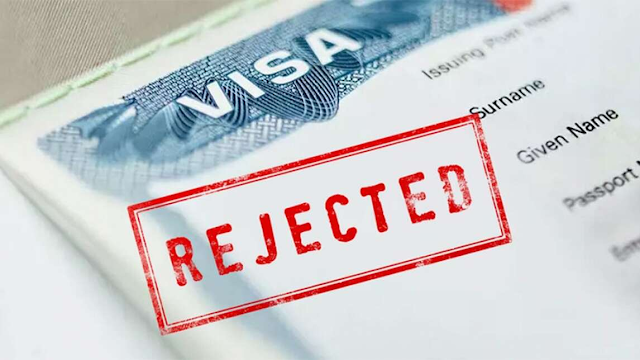Medical Reasons for Visa Rejection
New Zealand is a popular destination for many international students and immigrants. However, there are a number of reasons why a visa application may be rejected, and medical reasons are one of them. In this article, we will explore some of the medical reasons for visa rejection in New Zealand.
TB test results
One of the main medical reasons for visa rejection in New Zealand is a positive TB test result. New Zealand has a relatively low incidence of tuberculosis, and the government takes measures to ensure that it stays that way. As such, all visa applicants who are from countries where TB is prevalent are required to undergo a TB screening. If the applicant tests positive, their visa application is likely to be rejected. However, this does not apply to applicants who have successfully completed a course of treatment for TB.
HIV status
Another medical reason for visa rejection in New Zealand is an applicant's HIV status. While New Zealand does not have any specific HIV-related visa restrictions, applicants who are HIV-positive may face difficulties in obtaining a visa. This is because people with HIV are considered to be at risk of developing certain medical conditions, such as tuberculosis, which could place a burden on the country's healthcare system.
Mental health issues
Applicants who have a history of mental health issues may also find their visa applications rejected. This is because New Zealand has strict rules about admitting people who are deemed to be a risk to themselves or others. Applicants who have a history of self-harm or suicidal tendencies, for example, may be considered unsuitable for a visa.
Chronic illnesses
Applicants who have chronic illnesses may also find their visa applications rejected. This is because New Zealand has a strict healthcare system and the government wants to ensure that it is not placed under undue strain. Applicants who have chronic illnesses that require ongoing treatment or medication may be considered unsuitable for a visa.
Drug or alcohol addiction
Applicants who have a history of drug or alcohol addiction may also find their visa applications rejected. This is because New Zealand has strict rules around admitting people who are deemed to be a risk to public safety. Applicants who have a history of substance abuse may be considered unsuitable for a visa.
Lack of immunizations
Finally, applicants who have not had the required immunizations may also find their visa applications rejected. This is because New Zealand has a strict immunization policy, and the government wants to ensure that all people who enter the country are protected against preventable diseases. Applicants who have not had the required immunizations may be considered unsuitable for a visa.
In conclusion, there are a number of medical reasons why a visa application may be rejected in New Zealand. These include a positive TB test result, an applicant's HIV status, a history of mental health issues, chronic illnesses, drug or alcohol addiction, and lack of immunizations. If you are considering applying for a visa to New Zealand and have any concerns about your medical history, it is important to seek advice from a qualified healthcare professional or immigration advisor. By doing so, you can ensure that you have the best possible chance of having your visa application accepted.



.jpeg)